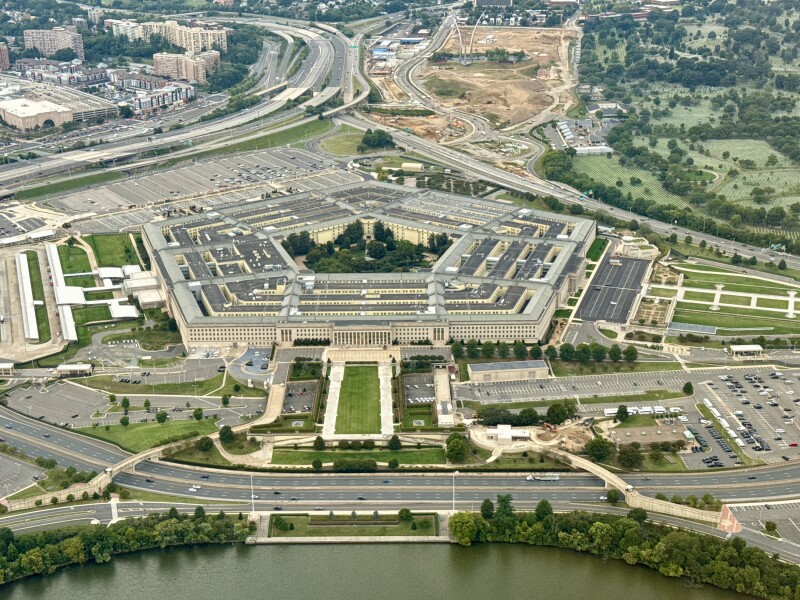This year, the Pentagon’s budget has surpassed a staggering $1 trillion, ostensibly to enhance support for military personnel. However, a closer examination reveals a troubling disconnect between this financial commitment and the reality faced by many veterans. As homelessness and food insecurity among former service members continue to rise, critics argue that funds are squandered on extravagant expenditures rather than addressing pressing needs.
Tens of thousands of veterans in the United States are experiencing homelessness, and hundreds of thousands are struggling with hunger. Reports indicate that approximately 25% of veterans encounter food insecurity, a crisis exacerbated by recent government shutdowns. Veteran Moises Montalvo from Nebraska highlights the grim situation, stating that many returning service members often find themselves making difficult choices between feeding themselves or their children.
In the backdrop of this crisis, over half of the Defense Department’s budget is allocated to private contractors rather than directly supporting military personnel. These contractors reportedly spend taxpayer dollars on exorbitant expenses, including $1,500 coffee cups and $150,000 soap dispensers. Critics point out that while these contractors thrive—enjoying massive CEO salaries and funding extensive lobbying efforts—the actual well-being of the veterans they claim to support suffers.
The toll of service in the post-9/11 wars is staggering. More than 7,000 service members lost their lives, and an estimated 600,000 veterans are grappling with post-traumatic stress disorder (PTSD) and traumatic brain injuries. The emotional and psychological impact of these conflicts is profound, with many veterans expressing confusion over the motives behind their deployments. Gregory Daddis, a retired Army veteran and current professor at Texas A&M University, remarks, “Endless wars lead to endless veterans who are often left wondering if their efforts mattered.”
As Veterans Day approaches, it becomes increasingly evident that a mere acknowledgment of service is insufficient. There is a pressing need for tangible support, including robust funding for programs that ensure veterans and their families have access to basic necessities. Additionally, investments in mental health services for veterans suffering from PTSD and other service-related conditions must be prioritized.
Shifts in national security policy are also essential. A more restrained approach that emphasizes diplomacy over military intervention could mitigate the need for future conflicts, ultimately preserving the lives and well-being of service members. The current budget priorities reflect a concerning trend, as arms contractors profit while essential services for veterans are cut. A recent analysis by the nonpartisan Center on Budget and Policy Priorities indicates that over 1.5 million veterans will face cuts in food assistance and healthcare.
At the same time, the administration plans to allocate up to $40 billion to the Golden Dome anti-missile program, which many independent experts deem ineffective. Critics argue that this funding could be better directed toward supporting veterans and preventing the physical and psychological injuries incurred during military service.
To honor veterans meaningfully, it is crucial to implement policies that respect and support them rather than funneling resources into underperforming contractors. As Ben Freeman and William Hartung of the Quincy Institute emphasize in their forthcoming book, “The Trillion Dollar War Machine,” a fundamental change in our approach to national security is necessary. The time for action is now, as veterans deserve better than hollow words and misplaced financial priorities.





































































